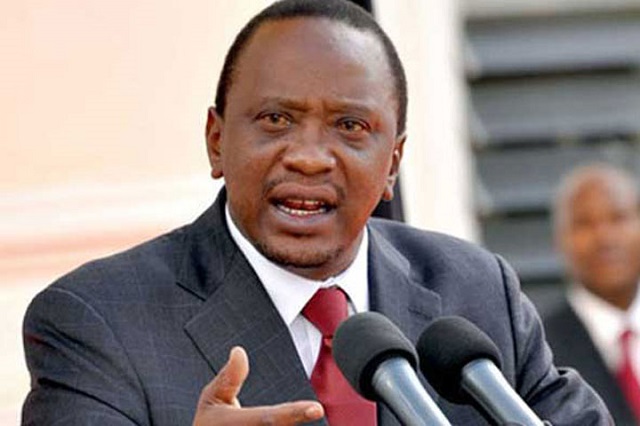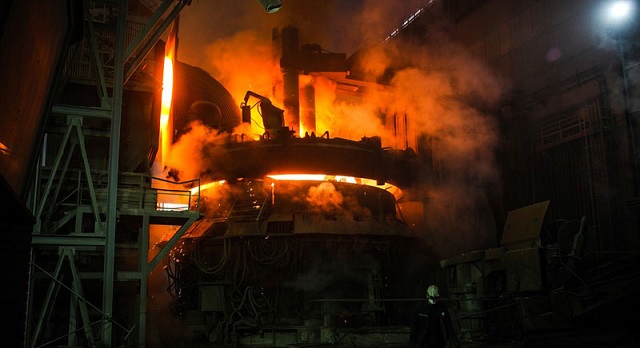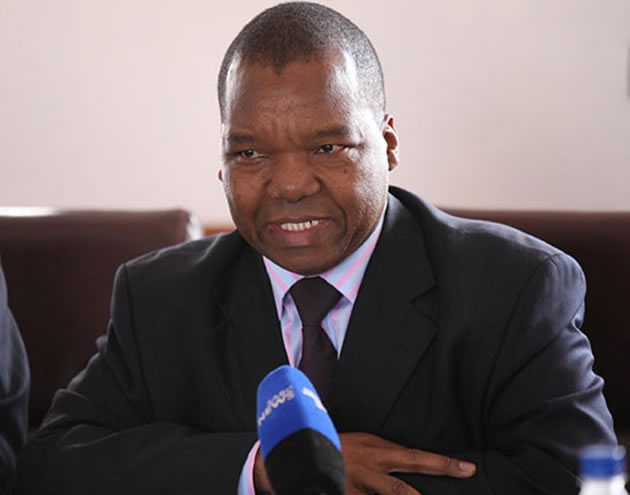Kenya leader ‘deeply shocked’ at election official’s killing

Nairobi – Kenya’s president said on Tuesday he is “deeply shocked” by the torture and killing of an election official who was crucial to next week’s presidential vote, while concerns grew that the election again will face dangerous unrest.
President Uhuru Kenyatta said on Twitter that investigations into Christopher Msando’s killing should be allowed to “proceed calmly,” and he warned against “careless speculation.”
Msando was in charge of managing information technology systems at the electoral commission. He had publicly sought to reassure voters that the results of the August 8 election would not be tampered with.
Analysts have warned that further violence could accompany the hotly contested election in which Kenyatta is running again. The country’s elections have turned violent in the past, notably after the 2007 vote that international observers said was flawed. More than 1 000 people died.
The main opposition group has charged that Kenyatta wants to rig the upcoming election, an accusation the presidency has denied. The National Super Alliance called Msando’s death an assassination and an attempt to disrupt the vote.
The US and British diplomats in Kenya have expressed grave concern about Msando’s death and offered the Kenyan government assistance in investigating.
Hundreds of activists on Tuesday marched peacefully to the electoral commission to protest the killing. A former government official turned whistleblower, John Githongo, said there was plenty of reason to believe Msando’s death was related to the election.
The electoral commission chairperson, Wafula Chebukati, has called the death a “brutal murder” and called for security for all commission staff.
“Let us remember Chris by voting peacefully,” Chebukati told Tuesday’s gathering. The commission “shall ensure that the ground for voting on the eighth of August is level for everyone. So we can remember Chris best by participating in free, fair and credible elections.”
Kenya’s police chief Joseph Boinnet has said a special team from the Directorate of Criminal investigations has been set up to investigate Msando’s murder.
Meanwhile, the rights activists took to the streets on Tuesday to protest the murder of Msando’s said: “This is a source of very, very significant concern and we want to tell the IEBC (election commission) that there are a lot of people out there who are concerned about the killing,” said George Kegoro, director of the Kenya Human Rights Commission which led the march to IEBC headquarters.
“Kenya has an unfortunate history of assassinations for political expediency and there is a chilling familiarity in the sequence of events . . . that makes it difficult to dismiss the sinking feeling that we have been here before,” he said.
Msando, who had been declared missing on Saturday, was identified by family members on Monday, prompting an outpouring of condemnation from rights groups and the international community.
In a joint statement, the ambassadors of the United States and Britain said they were “gravely concerned” by the murder and offered their countries’ assistance in the probe.
Msando had made several television appearances in the days before his death to assure Kenyans of the reliability of the electronic voting system which crashed during the 2013 elections leading to accusations of poll fraud.
He had been due to lead a test run of the system on Monday, which was postponed.
Tension has been rising in the lead up to the polls, in which incumbent Uhuru Kenyatta will face off with rival Raila Odinga in the presidential race.
Odinga has insisted that Kenyatta plans to rig the election while the incumbent accuses him of seeking to stoke violence.
The country is still haunted by the memory of post-election violence which broke out in 2007 after a disputed poll, leaving more than 1 100 dead.
“There’s plenty reason to believe that this cruel and selfish act is related to the election. This is a national emergency because of the potential dire consequences of what has happened,” said anti-corruption campaigner John Githongo. — AFP










Comments